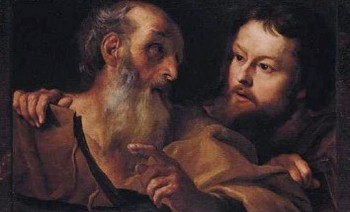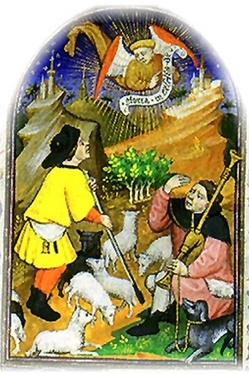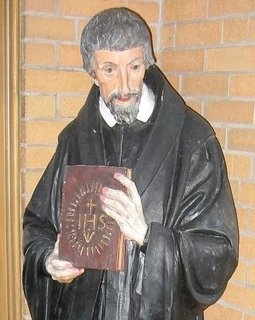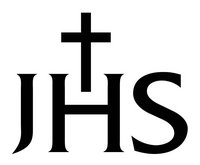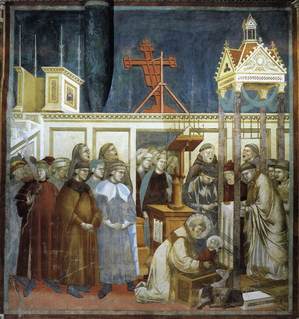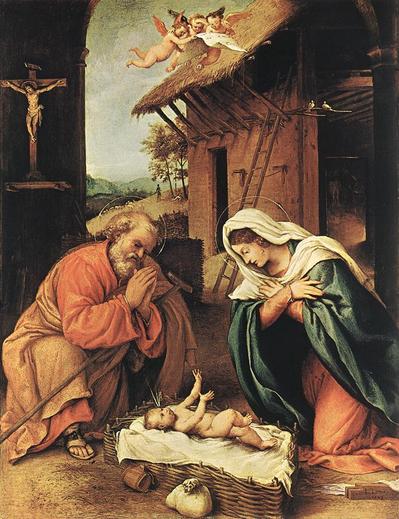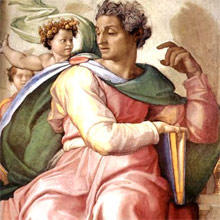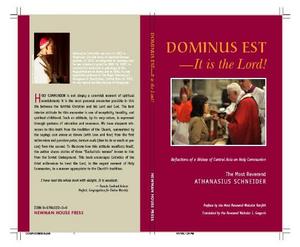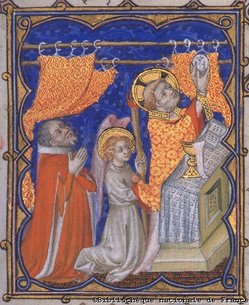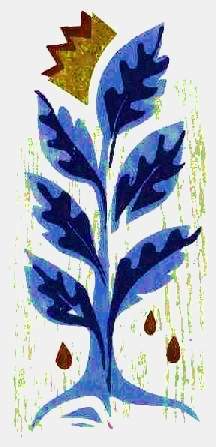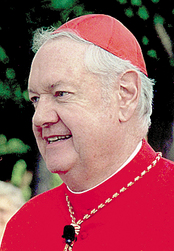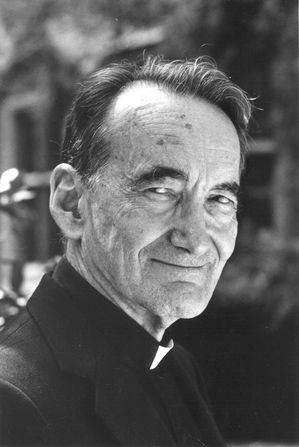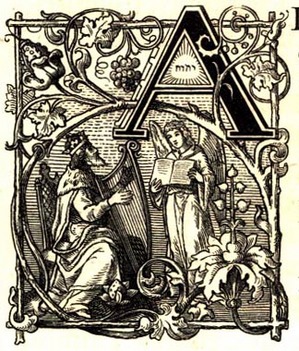Mission Statement
I AM A PART of the Fellowship of the Unashamed.
The die has been cast. The decision has been made. I have stepped over the line. I won’t look back, let up, slow down, back away or be still.
My past is redeemed, my present makes sense, and my future is in God’s hands. I am finished and done with low living, sight walking, small planning, the bare minimum, smooth knees, colorless dreams, tamed visions, mundane talking, frivolous living, selfish giving, and dwarfed goals.
I no longer need preeminence, prosperity, position, promotions, applause, or popularity. I don’t have to be right, first, the best, recognized, praised, regarded, or rewarded. I now live by faith. I lean on Christ’s presence. I love with patience, live by prayer, and labor with the power of God’s grace.
My face is set. My gait is fast, my goal is heaven. My road is narrow, my way is rough, my companions are few, my Guide is reliable, and my mission is clear.
I cannot be bought, compromised, detoured, lured away, turned back, deluded, or delayed. I will not flinch in the face of sacrifice, hesitate in the presence of adversity, negotiate at the table of the enemy, ponder at the pool of popularity, or meander in the maze of mediocrity.
I won’t give up, shut up, let up or slow up until I have stayed up, stored up, prayed up, paid up, and spoken up for the cause of Christ.
I am a disciple of Jesus. I must go till He comes, give until I drop, speak out until all know, and work until He stops me.
And when He returns for His own, He will have no difficulty recognizing me. My banner is clear: I am a part of the Fellowship of the Unashamed.
Adapted from the original (author unknown) by Patrick Madrid
